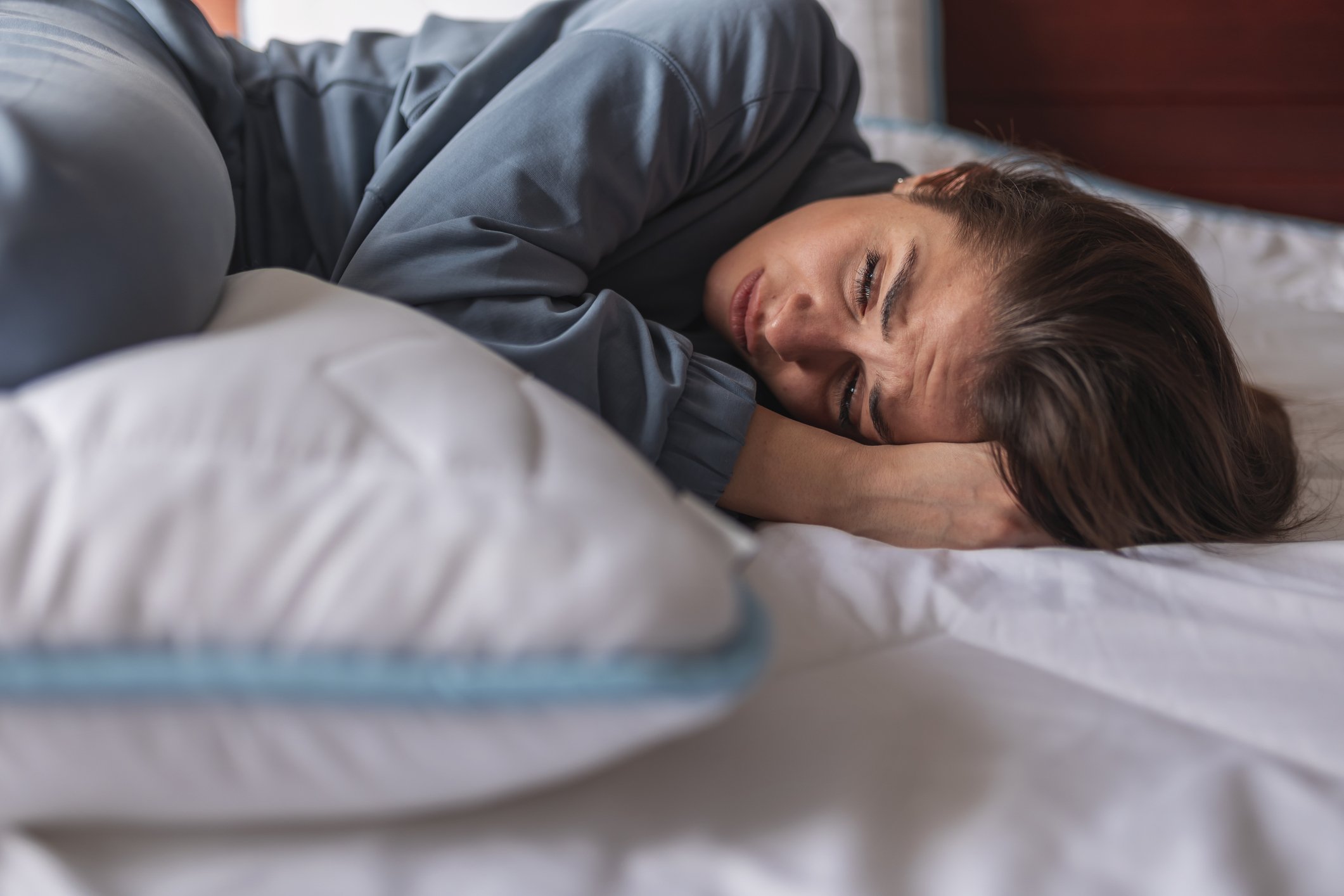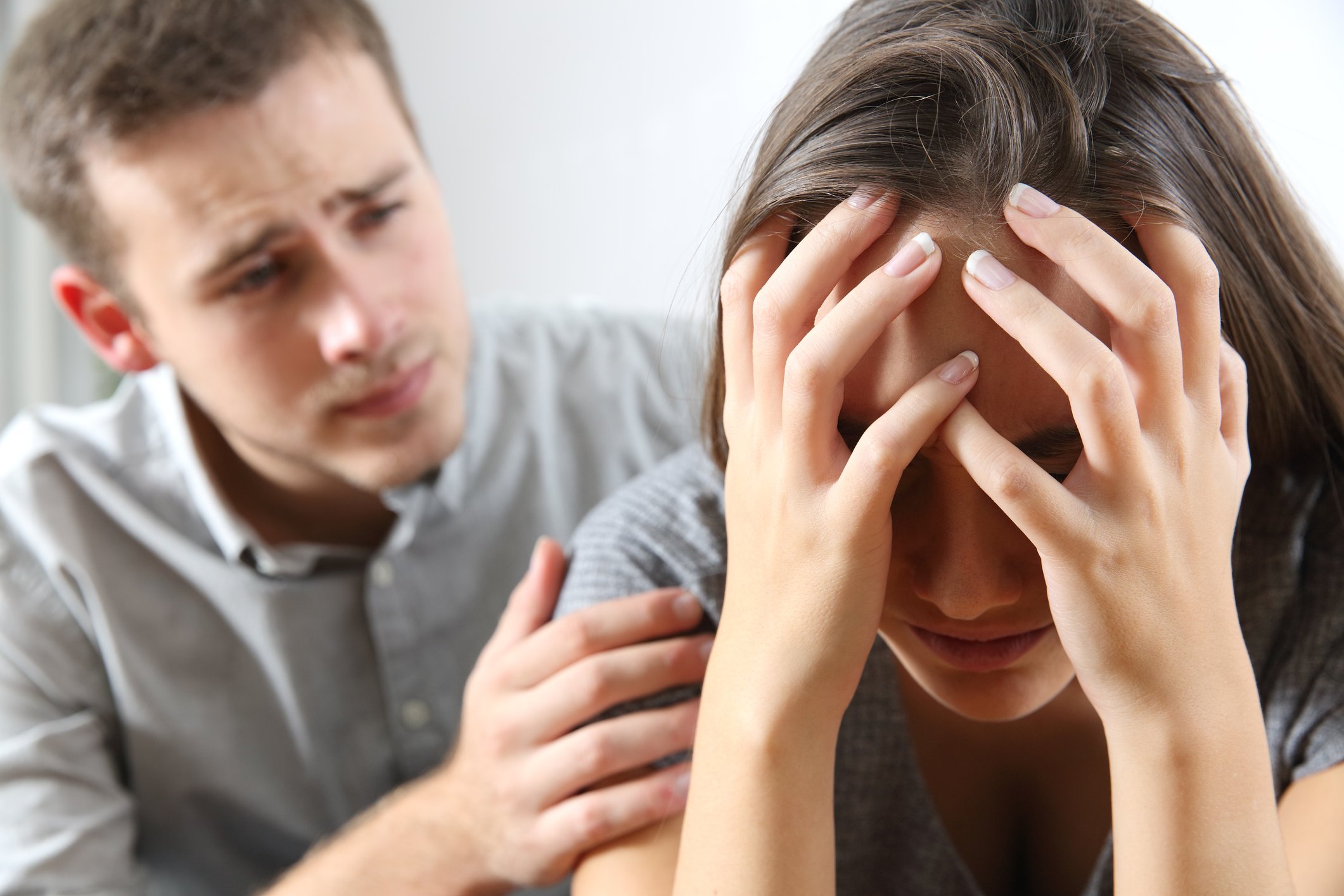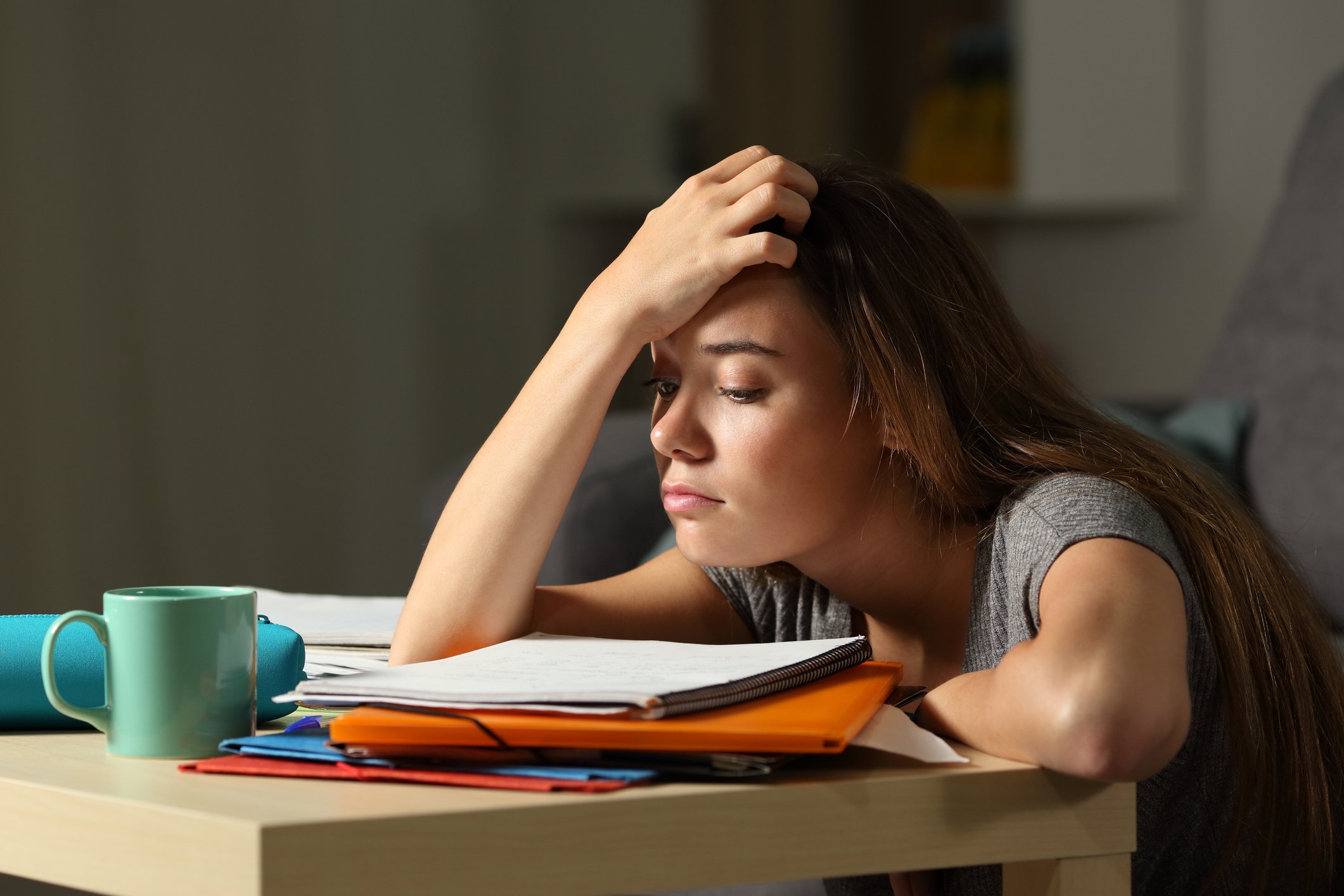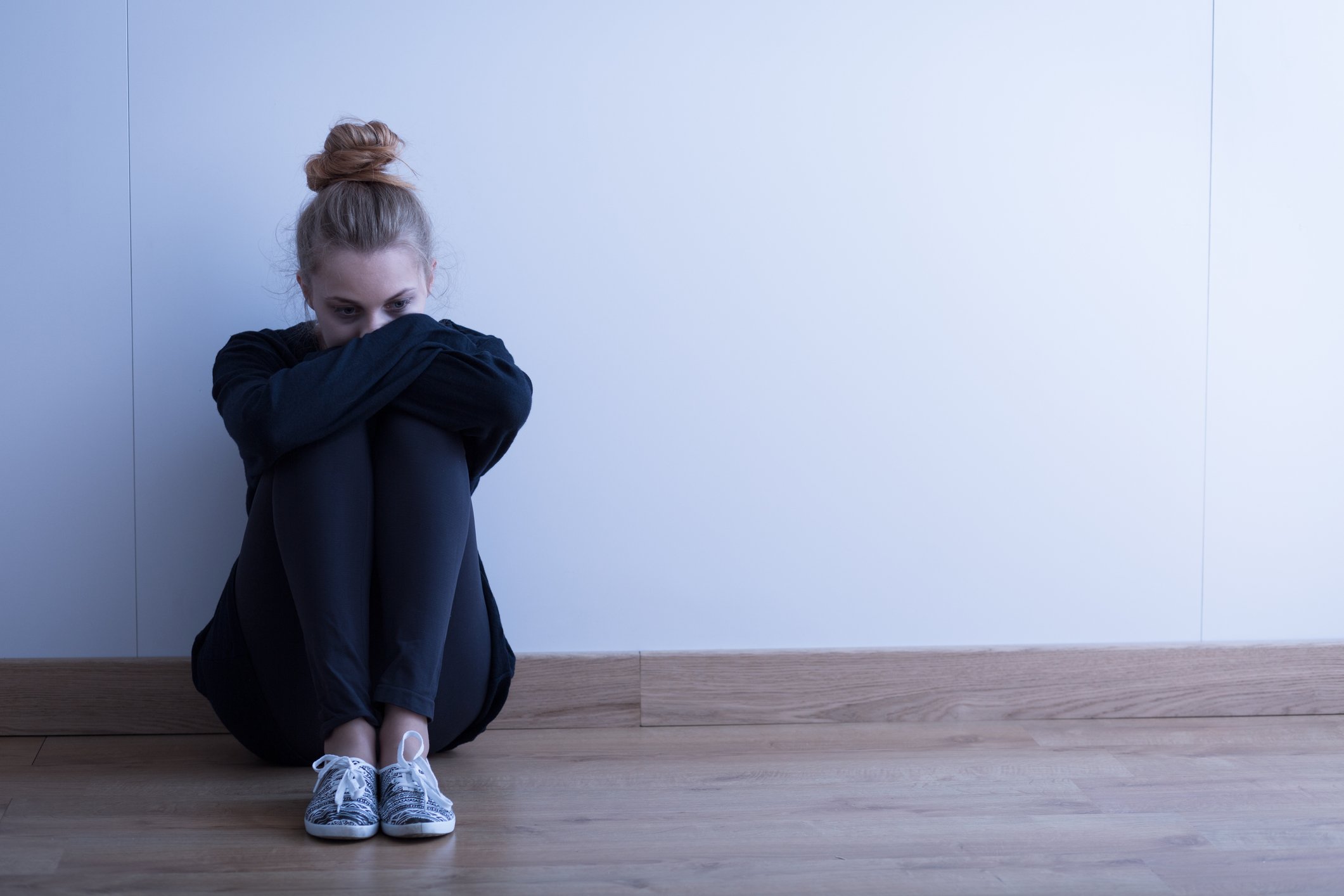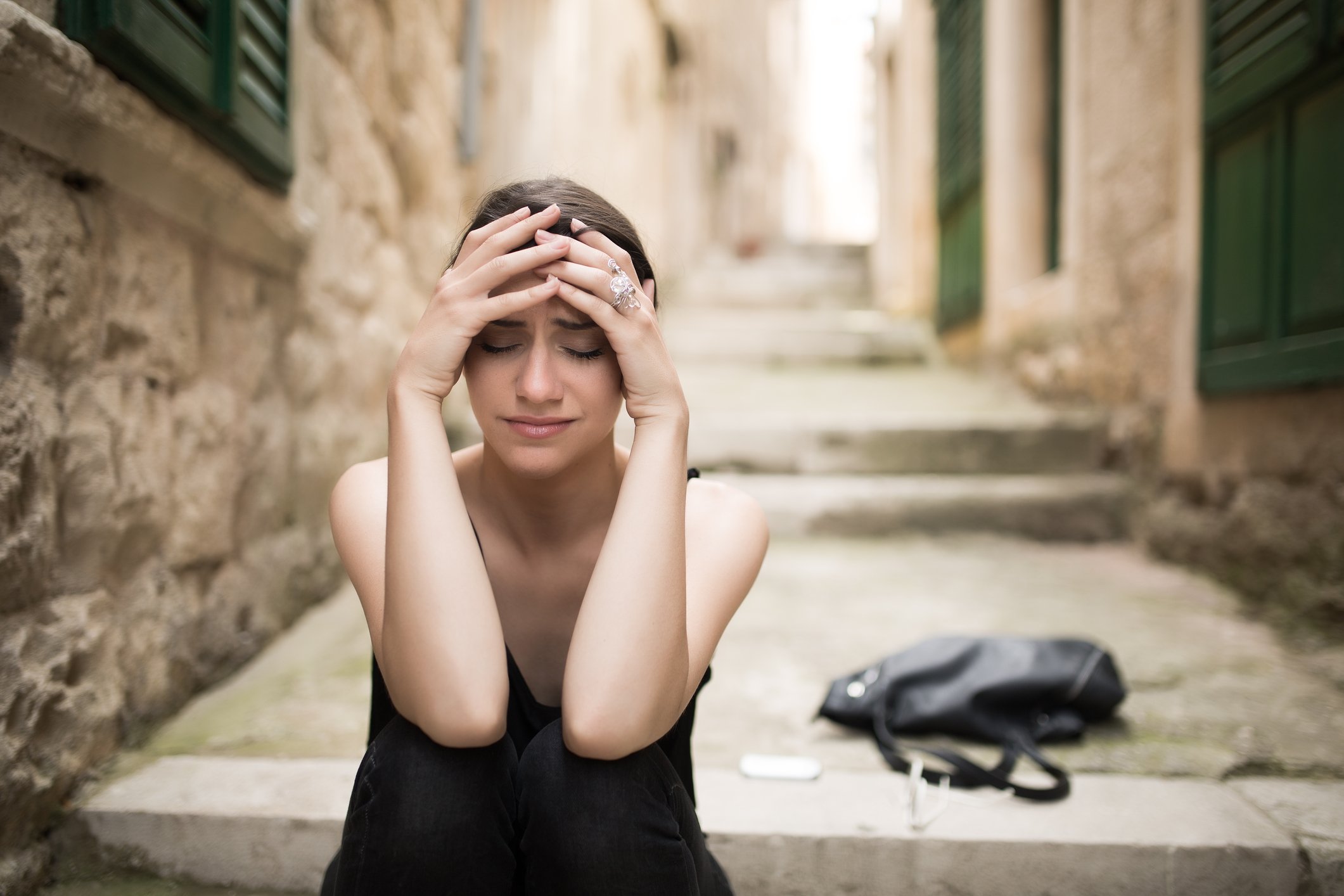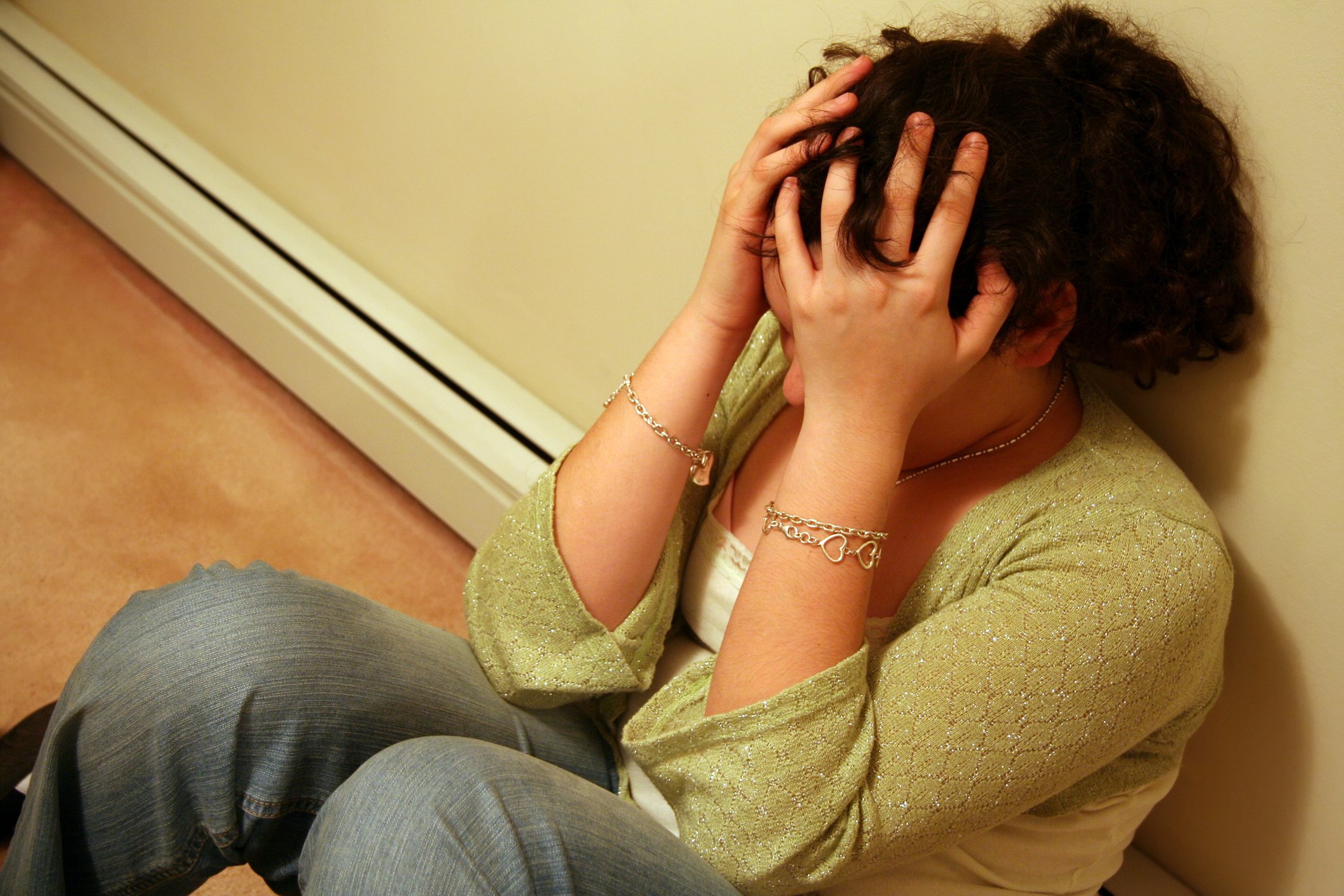Pulling Away: How Depression Affects Your Social Life
Have you ever found yourself ignoring messages, skipping group chats, or saying “no” to plans—even with your closest friends? You might not even know why—it just feels easier to be alone. If this sounds familiar, you're not alone, and you're not a bad friend. You could be experiencing one of the most common effects of depression: social withdrawal.
When you're dealing with depression, being around others can feel overwhelming. Conversations take effort, pretending to be "okay" feels exhausting, and sometimes, it just seems easier to hide away.
This blog explores why depression can push you to pull away from people you care about, how it impacts your relationships, and what you can do when isolation feels like the only option.
Why You Might Be Pulling Away
When you're struggling with depression, the idea of socialising can shift from something fun to something draining. Things like hanging out with friends, chatting in a group, or even replying to a text might suddenly feel like too much. This doesn’t mean you’ve stopped caring about people—it just means depression is making it harder to connect.
Social withdrawal is one of the most common symptoms of depression. It’s not about being shy or rude; it’s your brain’s way of trying to conserve energy and protect you from emotional overload. Unfortunately, while pulling away might feel safer in the moment, it can also make you feel more isolated—and more stuck.
Why It Happens
Depression impacts the way your brain processes emotions, energy, and connection. You might:
Feel like you don’t have the energy to engage.
Worry that you’ll bring others down or that they won’t understand.
Struggle with feelings of worthlessness or believing you're a burden.
Fear being judged or misunderstood.
These thoughts and feelings are lies that depression tells you—but when you're deep in it, they can feel like the truth.
How It Affects Relationships
Over time, social withdrawal can create distance between you and your friends or family. People might notice you’ve gone quiet and feel unsure about how to help. They may not understand what you're going through, especially if you haven’t talked about it. That distance can make you feel even more alone, creating a cycle that's hard to break.
What You Can Do
You don’t have to go from total withdrawal to being the life of the party overnight. The key is to take small, manageable steps:
Reach out to just one person—even a simple “Hey” is a good place to start.
Be honest if you can. Saying, “I’m not feeling like myself lately, but I still care,” can mean a lot.
Try short interactions. A five-minute conversation, a quick voice message, or a walk with a friend can help you feel more connected without feeling overwhelmed.
Set gentle boundaries. You don’t have to say “yes” to everything, but saying “no” doesn’t mean disappearing entirely.
Talk to someone you trust—a parent, teacher, counsellor, or mental health professional. You're not supposed to go through this alone.
Final Thought
If you’re pulling away from the people around you, it’s not because you’re broken—it’s because you’re hurting. Depression can make the world feel heavy, and sometimes, it tricks you into thinking you’re better off alone. But isolation doesn’t bring healing—connection does.
Reaching out can feel scary, but it’s also a powerful step toward feeling better. Your people are still there, and you deserve to be seen, heard, and supported—especially when you feel like hiding most.
Even though 1 in 4 people have mental health problems, most of us don’t get the help we need. This has to change. We’re Mind. We’re here to fight for mental health. For support, for respect, for you.

